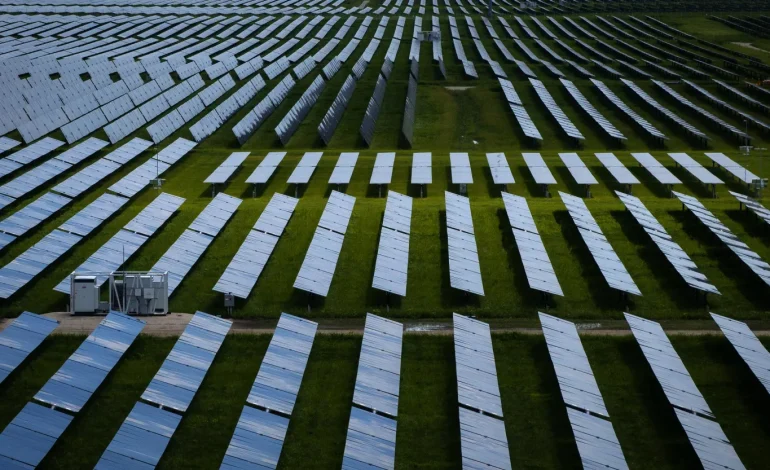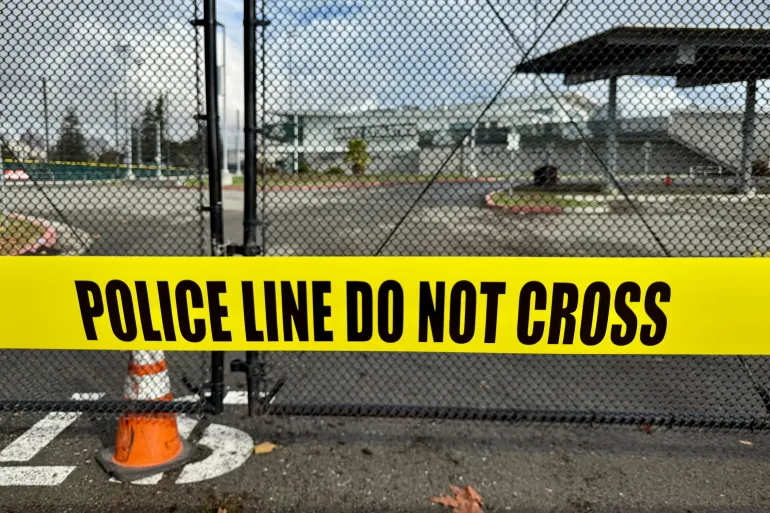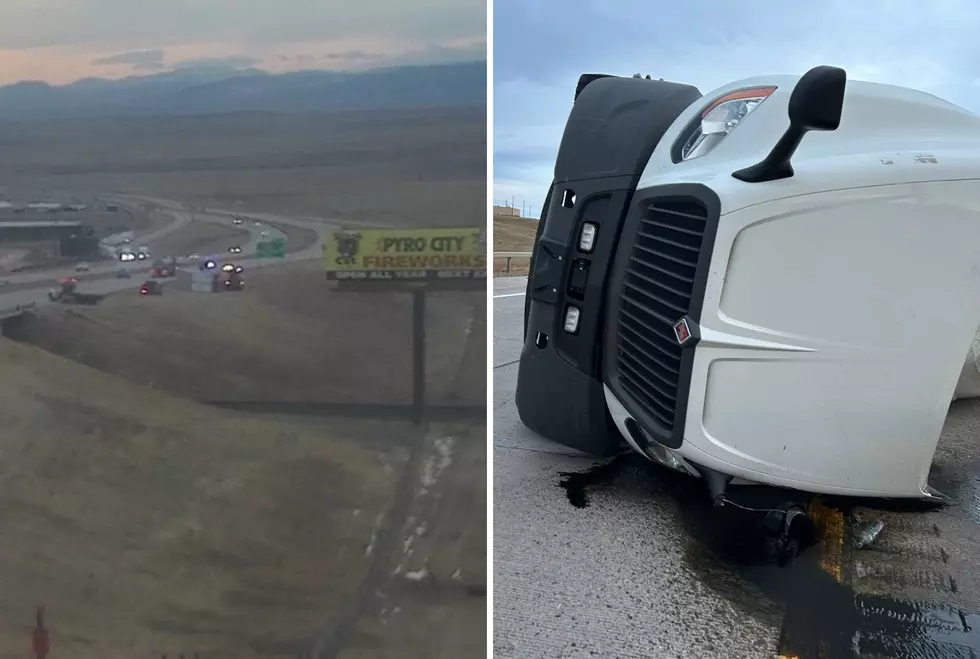Clean Energy Faces Setback as House Tax Bill Triggers Sharp Decline in Solar Stocks

The US clean energy sector took a significant hit this week after the House of Representatives passed a Republican-backed tax bill that proposes sweeping changes to renewable energy incentives.
The bill’s provisions, which include the elimination of several key clean energy tax credits, have sparked a sharp selloff in solar stocks and raised concerns across the industry about the future of investment, jobs, and climate policy.
Shares of major residential solar installer Sunrun fell more than 35% in premarket trading Thursday, while inverter makers Enphase and SolarEdge each dropped around 18%. Utility-scale solar firms such as Array and Nextracker also suffered losses of 14% and 5%, respectively.
Analysts from Guggenheim and Jefferies described the bill as significantly worse than expected for the sector. “Disastrous” was the term used by Guggenheim’s Joseph Osha to describe the potential impact on rooftop solar, which relies heavily on leasing arrangements—business models directly targeted by the bill.
Jefferies analysts noted the legislation “takes a sledgehammer” to the Inflation Reduction Act (IRA), the 2022 climate and energy law that helped catalyze a record wave of clean energy investment. By ending or phasing out multiple incentives, including investment and production tax credits, the new bill threatens to reverse much of that progress.
Not all companies were hit equally. First Solar, the largest US-based solar panel manufacturer, was down just 1%, as the bill preserves key manufacturing tax credits that support domestic production.
“Manufacturing subsidies do not appear to have been touched – good news for FSLR,” Osha commented.
The proposed rollback has triggered broader economic and environmental concerns. Independent analyses from groups like Energy Innovation and the Solar Energy Industries Association warn the bill could raise household energy bills, cost the economy more than 830,000 clean energy jobs by 2030, and lead to significantly higher emissions. A separate study from Rhodium Group estimates up to 730 million additional tons of carbon pollution over the next decade if the bill is enacted alongside other deregulatory efforts.
While the bill still needs to pass the Senate—where revisions are possible—it represents the most serious legislative effort yet to reverse the clean energy incentives embedded in the IRA. The House measure includes ending tax credits for electric vehicles and home energy upgrades and scaling down support for wind, solar, and nuclear projects over the coming years.
The political divide over climate and energy policy is stark. Some Republican lawmakers have criticized the IRA as benefiting elite interests, while advocates argue it has delivered real economic and environmental gains, particularly in traditionally industrial and rural regions. Much of the $320 billion in clean energy investment spurred by the IRA to date has flowed into Republican districts, according to industry data.
Critics of the new legislation argue that removing clean energy incentives could discourage investment, shift development to countries like China, and increase long-term energy costs. Labor unions and advocacy groups have also voiced opposition, warning of job losses and missed opportunities for economic revitalization in areas historically dependent on fossil fuels.
CNBC and the Guardian contributed to this report.









The latest news in your social feeds
Subscribe to our social media platforms to stay tuned